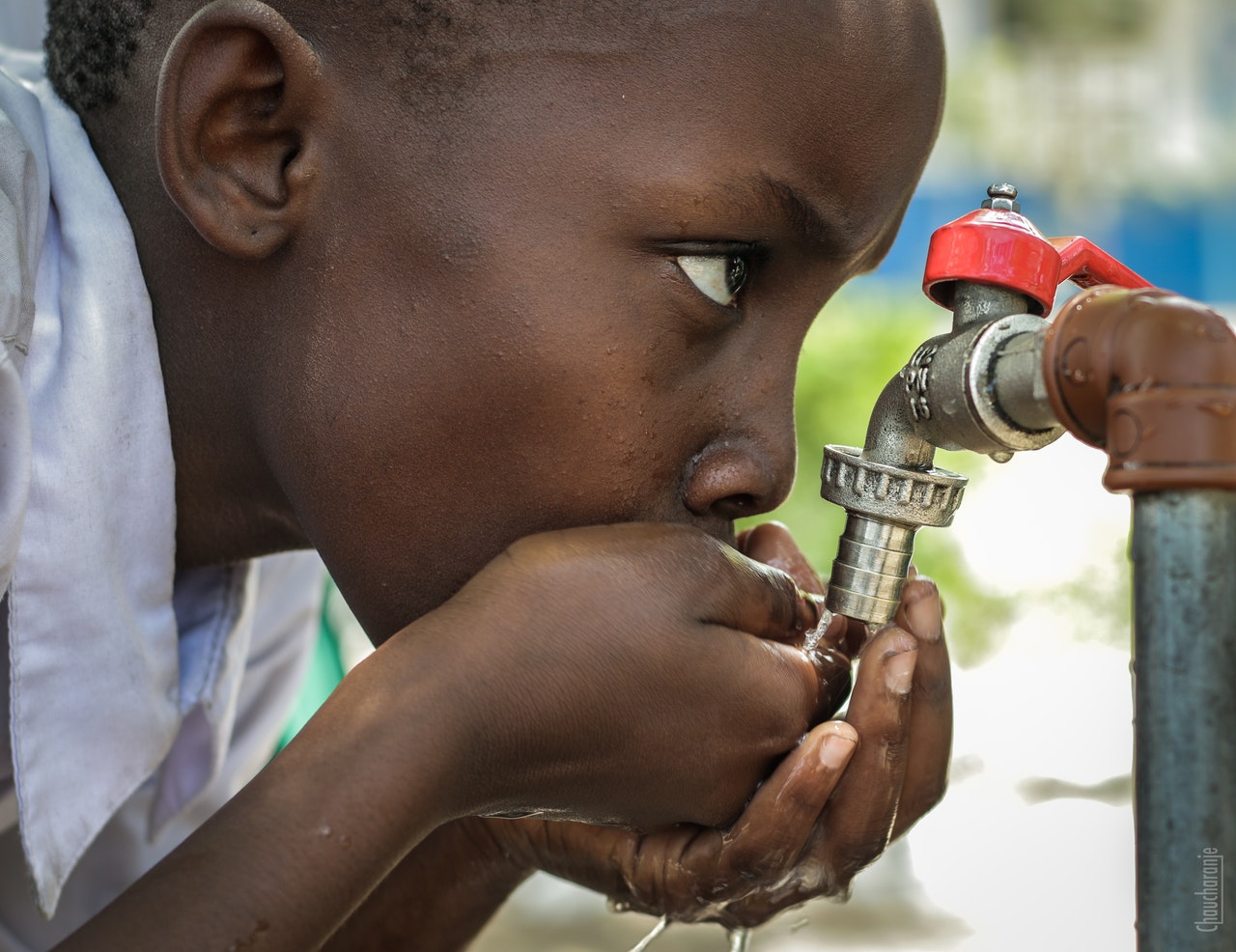A pilot desalination plant powered by hybrid renewable energy has been put into operation in Bethany in the Haras district of Namibia by the Namibian Ministry of Agriculture, Water Resources and Land Reform, the Namibia Economist reported.
The plant in this southernmost region of the country is designed to produce 487 cubic meters of clean water per day for the entire Bethany community. The supply is expected to last until 2037.
“The opening of a brackish water desalination plant here today in the countryside is a remarkable step forward for the Bethany community and Namibia as a whole in their quest to provide the nation with drinking water,” Anna Shiveda, Deputy Minister of Agriculture, Water and Land, said at the event.
The deputy minister said the government’s goal is to ensure that 100% of Namibians have access to water. “So far, we are at about 85%,” she added.
“The investment made in the facility being commissioned here as a hybrid membrane desalination plant powered by renewable energy serves a noble purpose as it provides a good quality water supply to the Bethany community,” said Anna Schiveda.
In addition, this project is a pilot project, and the task of the NamWater research team is to evaluate the effectiveness of the technologies applied here to use the information obtained in the development of future water strategies, policies, and decision-making in the issue of improving the quality of water from poor groundwater sources for the country’s communities, the official explained.
“This is very commendable, and therefore I promise ministerial support for this kind of research work,” she said.
Shiveda also said the project will be used to determine the value of water obtained from groundwater desalination. This cost will be compared with the cost of water supplied to remote settlements through main pipelines from good water sources to select a water supply strategy.

